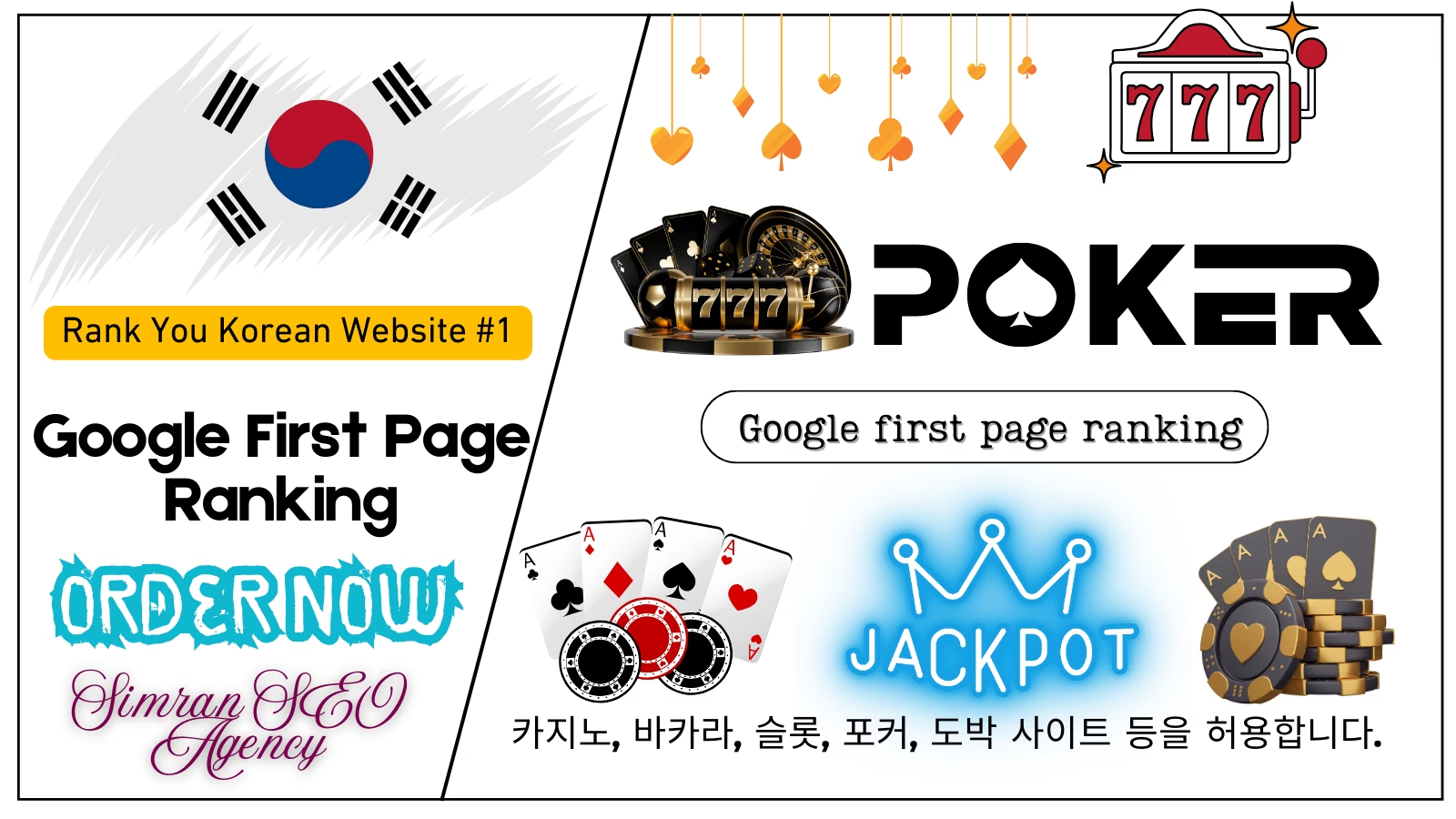Want to enhance your website’s authority and reach a broader audience? Off Page SEO Here’s something you need to know—on its own, outstanding on-page content won’t push your business to the top of search results. That’s why Off-Page SEO is crucial. It helps you build credibility, expand your digital footprint, and ensures your website stands out in an increasingly crowded online world.
For businesses in dynamic markets like Korea, Indonesia, Thailand, USA, Canada, and more, tackling these specific challenges can feel daunting. But don’t worry—we’re here to break down actionable strategies custom-tailored to meet your goals.
This detailed guide will explain what Off-Page SEO is, explore proven techniques (like link building and influencer marketing), and share expert tips for thriving in local and global markets. By the end, you’ll have all the tools you need to maximize your Off-Page SEO efforts and grow your brand internationally. Backlinks
What Is Off Page SEO?

Off-Page SEO refers to everything you do outside your website to improve search engine rankings. Think of it as building your site’s reputation across the web. While On-Page SEO focuses on optimizing the content and structure within your site, Off-Page SEO involves activities like earning backlinks, engaging on social media, and generating brand buzz online.
Key Elements of Off-Page SEO:
- High-Quality Backlinks: Links from reputable, authoritative sites point to your content as valuable.
- Social Media Signals: Likes, shares, and comments act like “digital word-of-mouth” for your brand.
- Brand Mentions: When people and publishers reference your business, it amplifies your credibility.
Remember, Off-Page SEO is about building trust. The better established your digital reputation, the more search engines like Google will rank your site favorably.
Effective Off-Page SEO Techniques
1. Link Building
Backlinks remain the backbone of Off-Page SEO—each one signals search engines that your content is trustworthy and relevant.
Types of Backlinks:
- Natural Links: Earned organically when other sites link to your content because they find it valuable.
- Outreach Links: Proactively obtained by contacting bloggers, journalists, or businesses.
- Self-Created Links: Added through forums, blog comments, or directory submissions. (Use sparingly, as excessive self-created links can harm your SEO.)

Best Practices:
- Focus on quality over quantity—one backlink from an authoritative site (like Forbes) outweighs dozens from less reputable sources.
- Guest blog for relevant websites to earn valuable backlinks.
- Submit your business to authoritative directories like Yelp or TripAdvisor.
| Backlink Type | Effort Required | Results |
| Natural Links | Medium to High | High-quality authority signals |
| Outreach Links | High | Targeted reputation building |
| Self-Created Links | Low | Limited SEO impact |
2. Social Media Engagement
Social signals—interactions with your content on platforms like Twitter, Instagram, and LinkedIn—indirectly influence your website’s SEO by driving traffic and building brand awareness.
Tips for Social Media Success:
- Share visually engaging content to capture attention.
- Post region-specific content to resonate with audiences in Korea, Thailand, Japan, or elsewhere.
- Encourage user-generated content (e.g., customer photo contests) for authentic engagement.
3. Influencer Marketing
Collaborating with influencers can amplify your brand’s visibility and earn valuable backlinks. By engaging with niche influencers, you build trust with their followers while benefiting from their reach.
Example:
A Korean skincare brand partnered with beauty influencers to feature their products in blog posts and YouTube reviews. This not only boosted backlinks but also drove a 45% increase in organic traffic.

How to Start:
- Identify influencers whose audiences match your target demographics.
- Negotiate mutually beneficial collabs (e.g., product reviews or sponsored posts).
The Impact of Local SEO for Regional Businesses
Local SEO overlaps with Off-Page tactics by targeting geographically specific audiences. Strategies like Google My Business (GMB) optimization ensure your website is visible to potential customers nearby.
How Local SEO Works:
- Optimize Business Listings: Claim your GMB profile and upload accurate, engaging info (photos, hours, reviews).
- Leverage Reviews: Encourage customers to leave reviews on platforms like Google or Yelp. Positive reviews increase visibility.
Example:
A small coffee shop in Hong Kong encouraged loyal customers to leave reviews on GMB. Within three months, they experienced a 120% increase in foot traffic driven by local searches like “best coffee near me.”
Local Directories to Consider:
| Region | Recommended Directories |
| Korea | Naver My Business |
| Indonesia | Yellow Pages Indonesia |
| USA/Canada | Google My Business, Yelp |
| Hong Kong | OpenRice, Google My Business |
Measuring Off-Page SEO Success
How do you know if your Off-Page SEO efforts are working? Keep an eye on these metrics:
- Domain Authority (DA): Measure your site’s overall strength using tools like Moz.
- Referral Traffic: Monitor traffic from backlinks via Google Analytics.
- Backlink Quality: Inspect link sources with platforms such as Ahrefs or SEMrush.

Tracking these metrics gives you valuable insights into how well your strategies are performing.
| Metric | Tool Recommendation |
| Domain Authority | Moz |
| Referral Traffic | Google Analytics |
| Backlink Reports | Ahrefs, SEMrush |
Case Studies of Successful Off-Page SEO Strategies
Example 1: A Korean Skincare Brand
This company used influencer marketing to promote its new product line, generating backlinks from beauty blogs. The result? A 300% increase in monthly organic traffic.
Example 2: A Canadian Startup
By securing PR mentions and guest blogging on tech platforms, this startup achieved higher search visibility—leading to increased sign-ups for their app.
Example 3: A Japanese Restaurant
Optimizing their GMB and encouraging online reviews helped them dominate “best ramen near me” results in their region.
Tailoring Off-Page SEO for International Success
When it comes to global markets, one-size-fits-all strategies won’t cut it. Here’s how to localize Off-Page SEO for different regions:
- Adapt Content: Translate blogs or social posts into relevant languages (e.g., Korean, Thai) for better engagement.
- Cultural Awareness: Research trends, customs, and preferences in each region before launching campaigns.
- Local Platforms:
- China: Use Baidu and WeChat.
- Thailand: Seek backlinks from Pantip or Sanook.
- Japan: Build directory listings with Rakuten or Yahoo Japan.
Improve Your Off-Page SEO Today

Off-Page SEO is more than just a set of strategies—it’s the core of building trust, authority, and visibility in search engines. Whether you’re a regional business in Hong Kong or a global startup based in the USA, success requires effort, creativity, and a tailored approach.
Take the next step now—sign up for our free audit to identify opportunities for improving your website’s authority and reach. Together, we can craft an Off-Page SEO strategy that works for your unique business goals.




